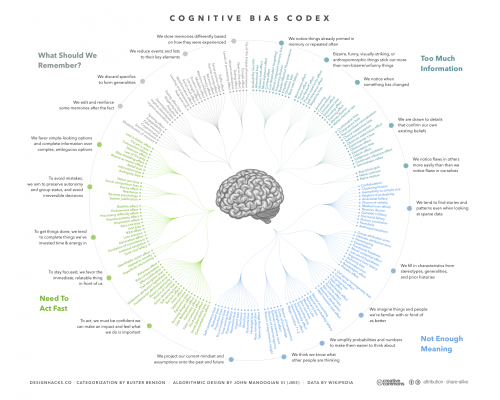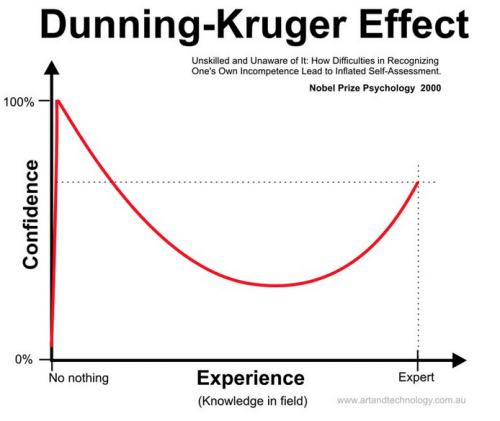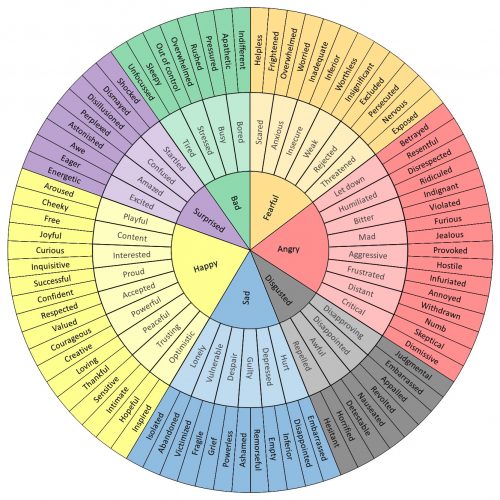List of cognitive biases is probably the single most useful resource on practical psychology that I’ve seen in my life.
Cognitive biases are tendencies to think in certain ways that can lead to systematic deviations from a standard of rationality or good judgment, and are often studied in psychology and behavioral economics.
Although the reality of these biases is confirmed by replicable research, there are often controversies about how to classify these biases or how to explain them. Some are effects of information-processing rules (i.e., mental shortcuts), called heuristics, that the brain uses to produce decisions or judgments. Such effects are called cognitive biases. Biases have a variety of forms and appear as cognitive (“cold”) bias, such as mental noise, or motivational (“hot”) bias, such as when beliefs are distorted by wishful thinking. Both effects can be present at the same time.
This will take me a very long while to process …











